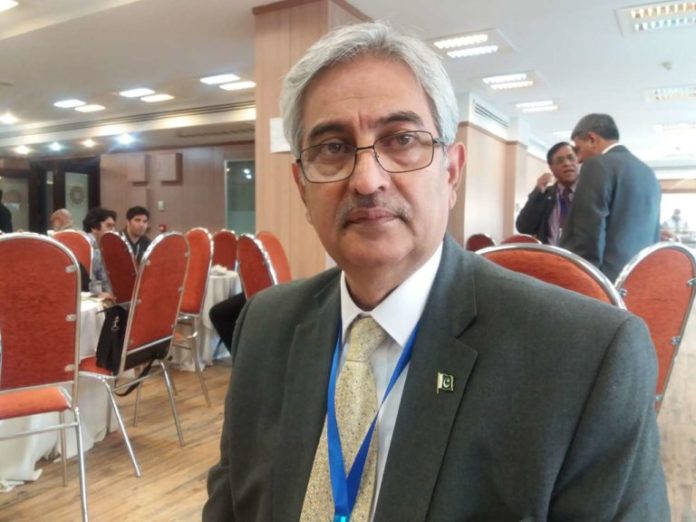LAHORE: The Lahore Chamber of Commerce and Industry has urged the government to modern adopt modern techniques, including a one-window operation, in order to facilitate the business community in matters related to the registration of property.
In a statement on Monday, LCCI President Almas Hyder said that registration of property was a big headache for the businessmen, as it excessively consumed both, time and money.
“If we want to secure an impressive place in the international trading arena, then we must improve our ease of doing business indicators,” he said, adding that at present, Pakistan was ranked at 161st in the global index as far as registration of property was concerned.
“In Pakistan, the businessmen have to follow six procedures to register a property which takes around 25 days and costs 4.2 per cent of the property value. On the other hand, New Zealand holds first position with just two procedures and a single day for property registration,” he noted.
The LCCI president said that reliability of infrastructure, electronic database for recording land boundaries, transparency of information, geographic coverage, land dispute resolution and equal access to property rights were some of the areas which demand special attention.
Hyder recommended that a complete electronic database should be established for encumbrances (checking of lines, mortgages, restrictions) and made available online. He said that an inter-government electronic procedure should be introduced to obtain a no-objection certificate (one government principle) so that the responsibility for the procedure could be shifted from an applicant to the government.
He said that an independent complaint resolution mechanism, related to the issue of land and property registration, should be developed. He suggested that a fee schedule should be made to acquire accessibility of maps of publicly available land.
Almas Hyder suggested that tax on land transfer should be eliminated and one lumpsum fee should be charged. He said that a local commission should only be hired in exceptional circumstances as provided by the law.




